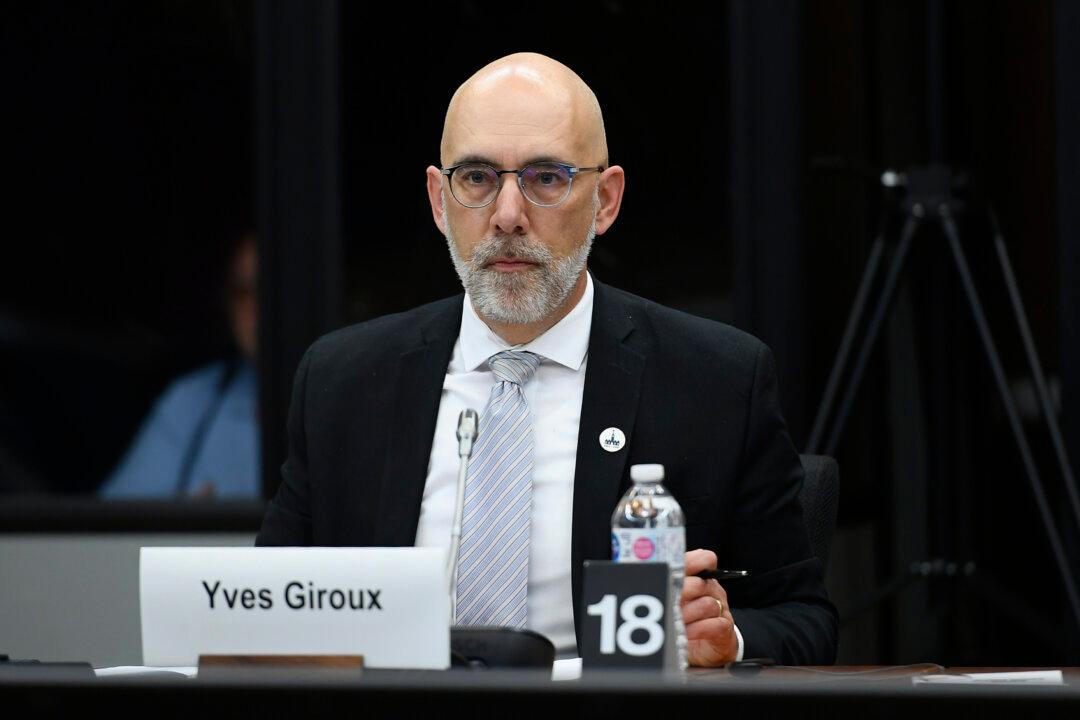Canada’s federal government is among the worst of the G7 countries when it comes to publishing public spending accounts on time, says the Parliamentary Budget Officer (PBO).
“In comparison to other G7 countries Canada was among the last to publish their financial accounts,” Yves Giroux wrote to the House of Commons government operations and estimates committee, according to Blacklock’s Reporter.





